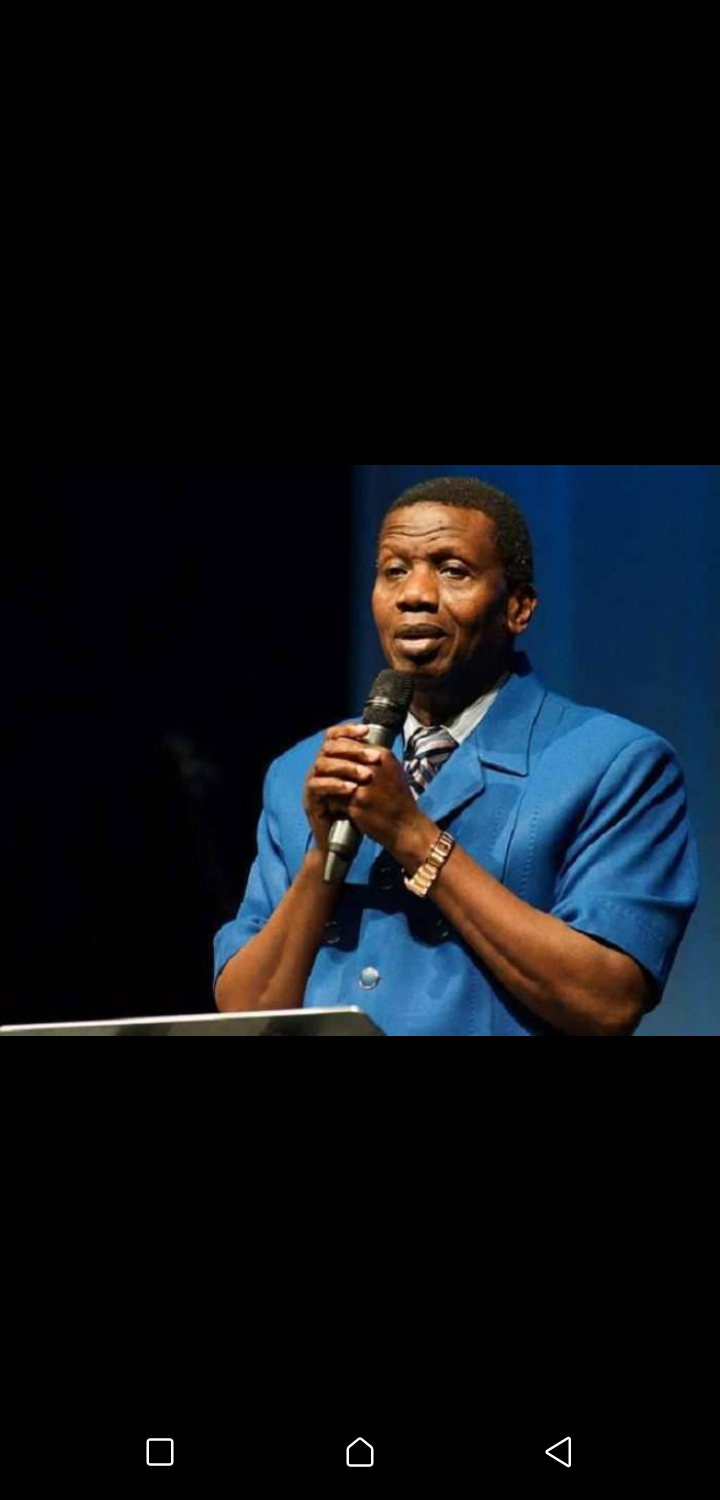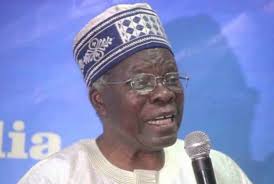Kemi Badenoch and Yoruba Etymologies

By Professor Moyo Okediji
University of Texas, Austin
Kemi Badenoch, the leader of UK’s Conservative Party made the statement that she is Yoruba and doesn’t fancy the idea of being associated with the northern part of Nigeria because the terrorism of that region is against those sacred principles that she holds dear.
I am grateful to her for making the statement.
It is an opinion that many of us have expressed in the past.
By making this remark she echoes what millions of Yoruba people have in mind and have dared not to utter in a country in which you get arrested and criminally prosecuted for saying what you consider to be plain truth.
Saying the truth has cost me dearly. I have lost nearly all the friends that I hold so dear to my heart from other parts of Nigeria beyond the southwest region.
Even many within the southwest have labeled me names unfit for printing for saying things they consider unpalatable, though these things are true to the best of my understanding.
Because I would rather keep my friends than say my mind, I decided to keep quiet and focus on painting pictures on canvas.
Painting is tranquilizing.
But suppressing the truth, when it is inside you, is like attempting to swallow cigarette smoke after deeply inhaling. You will cough it out at some point, as the smoke would somehow find its way out of your lungs.
This is why I am helpless as I try to suppress the truth inside me, because I sincerely don’t want to alienate my friends who despise hearing me say those truths they don’t want to hear.
I apologize to them: Kemi Badenoch is saying the truth, and I identify with her sentiment.
Everybody knows that the northern part of Nigeria has been terrorizing us in that country for decades, and that in the last ten years their sanguineus forage for blood, land and water is unfettered and without peer in the history of mankind.
We have chosen to keep quiet because we are afraid to say it loud.
But, in an essay titled “The Transformation of Silence into Language and Action,” Audre Lorde wrote, as she was dying of breast cancer, that, “I was going to die, if not sooner then later, whether or not I had ever spoken myself. My silences had not protected me. Your silence will not protect you.”
Keeping silent from saying the obvious will not protect Nigerians. Only telling the truth as loud as possible will save Nigeria from succumbing to the cancer of terror inflicted on the country by the northerners.
But they don’t want to hear it.
My erudite friend, Farooq A. Kperogi, who happens to come from a section of that norther region, recently joined the rank of those castigating Ms. Badenoch for saying the truth.
A scholar of no mean reputation and a brilliant wielder of the pen, Kperogi chose to hit Badenoch where he thinks would hurt the most: First, that there is nothing “Yoruba” about the name “Yoruba” itself; and second, that the “Yoruba” language itself derives much of its vocabulary from the same people the “Yoruba” people are distancing themselves from as terroristic neighbors.
Kperogi writes: “Yoruba” is, after all, an exonym first bestowed upon the Oyo people by their northern neighbors, the Baatonu (Bariba) of Borgu, before it was shared with the Songhai (whose scholar by the name of Ahmad Baba has the distinction of being the first person to mention the name in print as “Yariba” in his 1613 essay titled “ _Al-kashf wa-l-bayān li-aṣnāfmajlūb al-Sūdān”).
Proceeding to itemize many words including wahala, talaka, asiri, and—the list is endless—Kperogi says the same words are found outside of Yoruba country, therefore they are words borrowed by Yoruba people.
Would it occur to him—and others like him who have made similar claims in the past, and who continue to espouse that sentiment—that those foreigners could have borrowed the words from Yoruba people rather than the other way round?
Why do they assume that if x is found in Yoruba language and it is also found in the Arabic language, x must be an Arabic word by default, but not a Yoruba word?
And I have read all sorts of accounts by many writers who quote European missionaries, travelers and chroniclers, that northerners gave their Oyo neighbors the name Yoruba. They cite profusely from books, journals and notes by these western and Islamic writers who wrote, several centuries back, that the Borgu or some other ethnic alliances coined the name Yoruba.
And since it is written, it must be true, right?
That is not how my father instructed me.
My father instructed me that whatever is written is FALSE until otherwise demonstrated beyond reasonable doubt.
He also warned me to never believe anything anybody says about other people without asking those people what they think of that was said about them.
Rather than asking the Yoruba people about the origin of their name, folks, including my friend Kperogi, find it more profitable to ask outsiders about the etymology of the Yoruba nomenclature, and the linguistic contents of their language.
These outsiders are supposedly expressing their minds without bias—even though they are invaders from the sea and the desert, who weaponized Christianity and Islam as arsenal to conquer the indigenous ways of Yoruba people.
A long time ago, I read all these things that Europeans and Islamists have written about the origin of the Yoruba name, and those words and terms that Kperogi and others have laid down as evidence of Yoruba indebtedness to their northern neighbors.
Those who knew me as a secondary student would tell you I was never found in the classroom: I was bored by my teachers talking about Mungo Park discovering River Niger, and other colonizing indoctrinations that they threw at us.
Something told me something was wrong, so I stayed away from those classrooms.
Where did I go? I was always in the Olivet Baptist High School library, which, thank goodness, was packed with books that nobody read.
I studied hard, and “discovered” many things that astonished me: the missionaries and Europeans wrote in their books that the Yoruba name is bequeathed to us by Borgu people.
But I did what we now call “fact checking” in our era of fake news, and discovered that fake news has always been with us since the beginning of time.
As Yoruba elders say, “A kì í mọ Ọ̀ṣọ́ ju ìyá Ọ̀ṣọ́ lọ́.” It means “You don’t know the ways of a baby more than the mother of the baby.”
So I went to my Iya Oyo, my grandmother, my fact checker.
We sat on a tree trunk by her Esu shrine, next to our house in Apaara, Oyo. There was a pond covered with algae and water lilies, out of which tiny colorful turtles poked their heads for air from time to time. Frogs sang in raucous voices and dragon flies darted among the flowers of the water lilies.
The last time I was at the same spot, in 2019, I was unable to recognize it. Her Esu shrine has been leveled. Tall ugly buildings now stand on the same spot. The pond has dried up and over it is a road bearing no memory of the sacred water body on which it stands.
The traces of the past have been totally deleted by the erasers of modernity. Aladura churches now man the very spots where the Esu shrine, constructed of adobe materials, once silently sat.
I asked her, in 1970, an intellectually constipated secondary school student, trying to digest new information swallowed during my most recent truancy adventure into the school library, that, “Iya Oyo, what is the meaning of Yoruba? I read in a book that it is a foreign name given to us by northerners?”
Iya Oyo, my fact checker, erudite in Yoruba etymologies and schooled in Yoruba historiography from the indigenous school of cultural gnosis, smiled. “Is that what they teach you in school?” She asked me. “It is not true. Yoruba is a shortened form of ‘A yọ orù bá wọn dáná ọmọ tuntun.’ It is a panegyric phrase for both Ọ̀ṣun and Ọya, but especially for Ọ̀sun.”
Case closed. Fact checked. She asked if I was hungry. I nodded my head in the affirmative. I was always hungry. And in twenty minutes she had ready for me a bowl of steaming àmàlà with ìlaṣa, garnished with dín-dín-n-dín.
Why don’t they just ask those Yoruba people who know about Yoruba ways before believing the worst written by foreigners about Yoruba people?
But the shrines have fallen and the ponds have dried up and we have drunk from the well of forgetfulness at the Gbẹrẹfu Island, off the Badagry peninsula.
And anybody and everybody says whatever they like about Yoruba history and culture, citing European and Islamic sources as undisputable evidence.
This statement will cost me many more dear friends and I shudder at the repercussions.
I withdraw to my painting.
–Moyo Okediji, Austin, Texas, December 23, 2024
Picture shows the Obalúayé Temple in Ilé Ifè, at the Ilée Gbóede, where I studied with Our Mothers of Earth Knowledge in the 1980s.
The sacred shrine has fallen.


